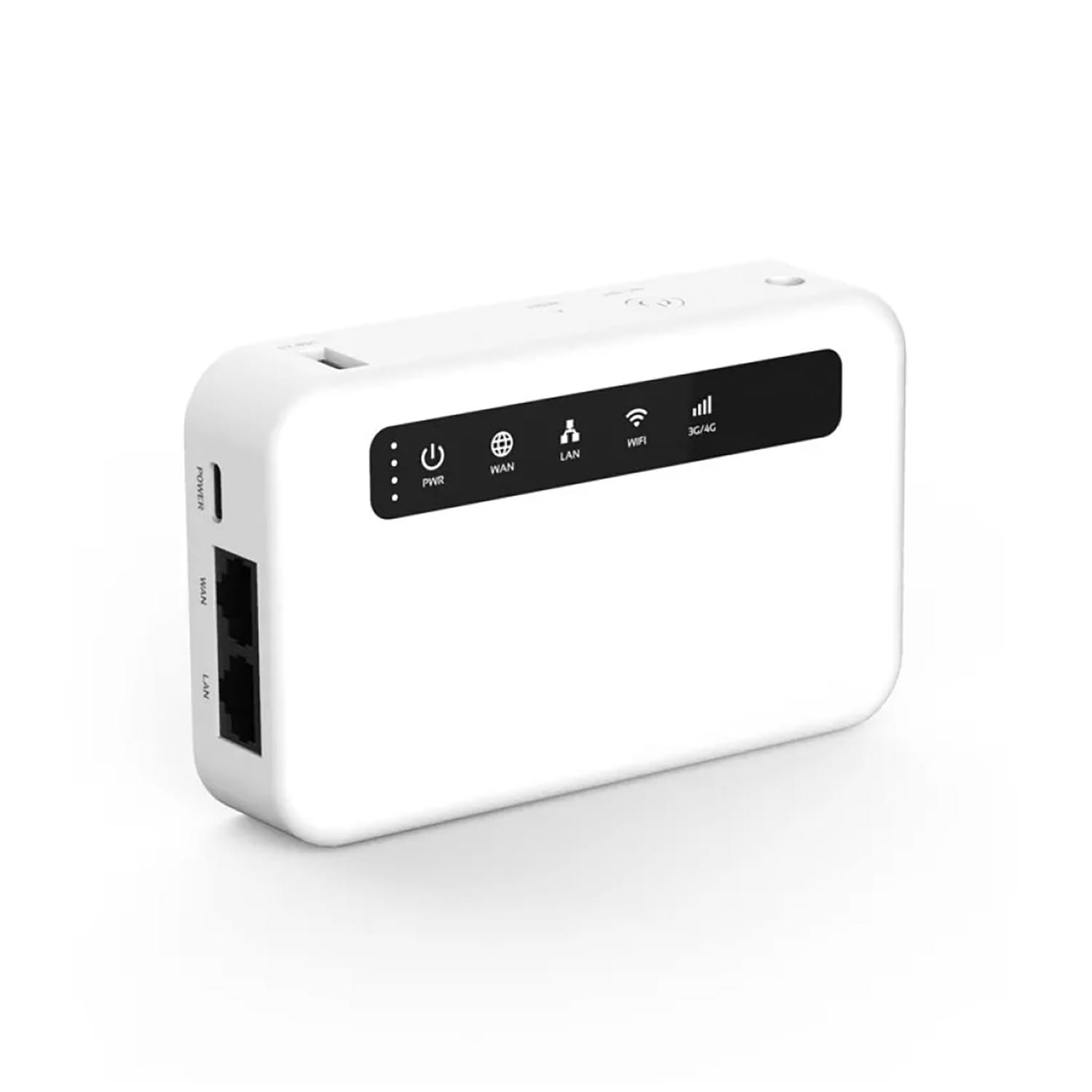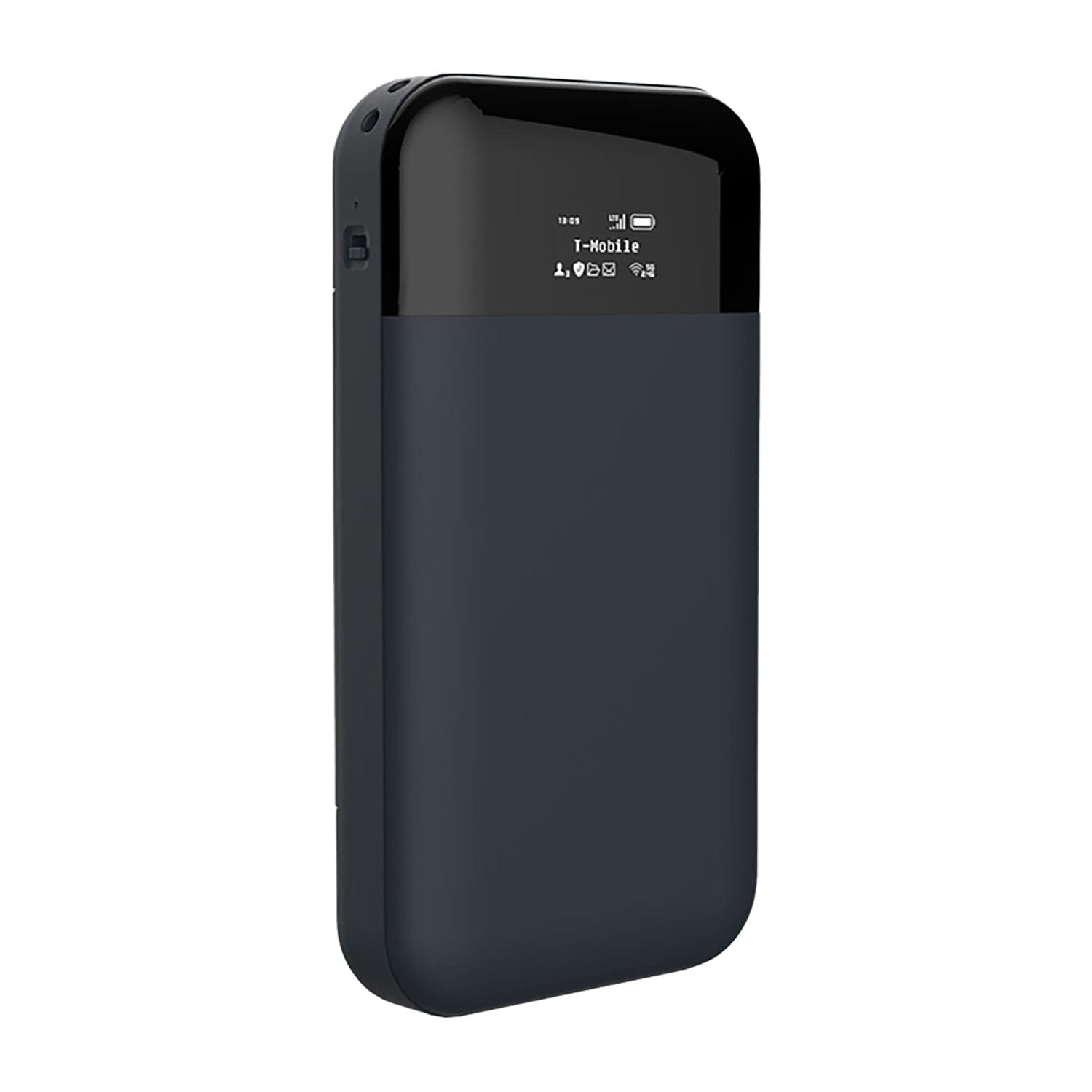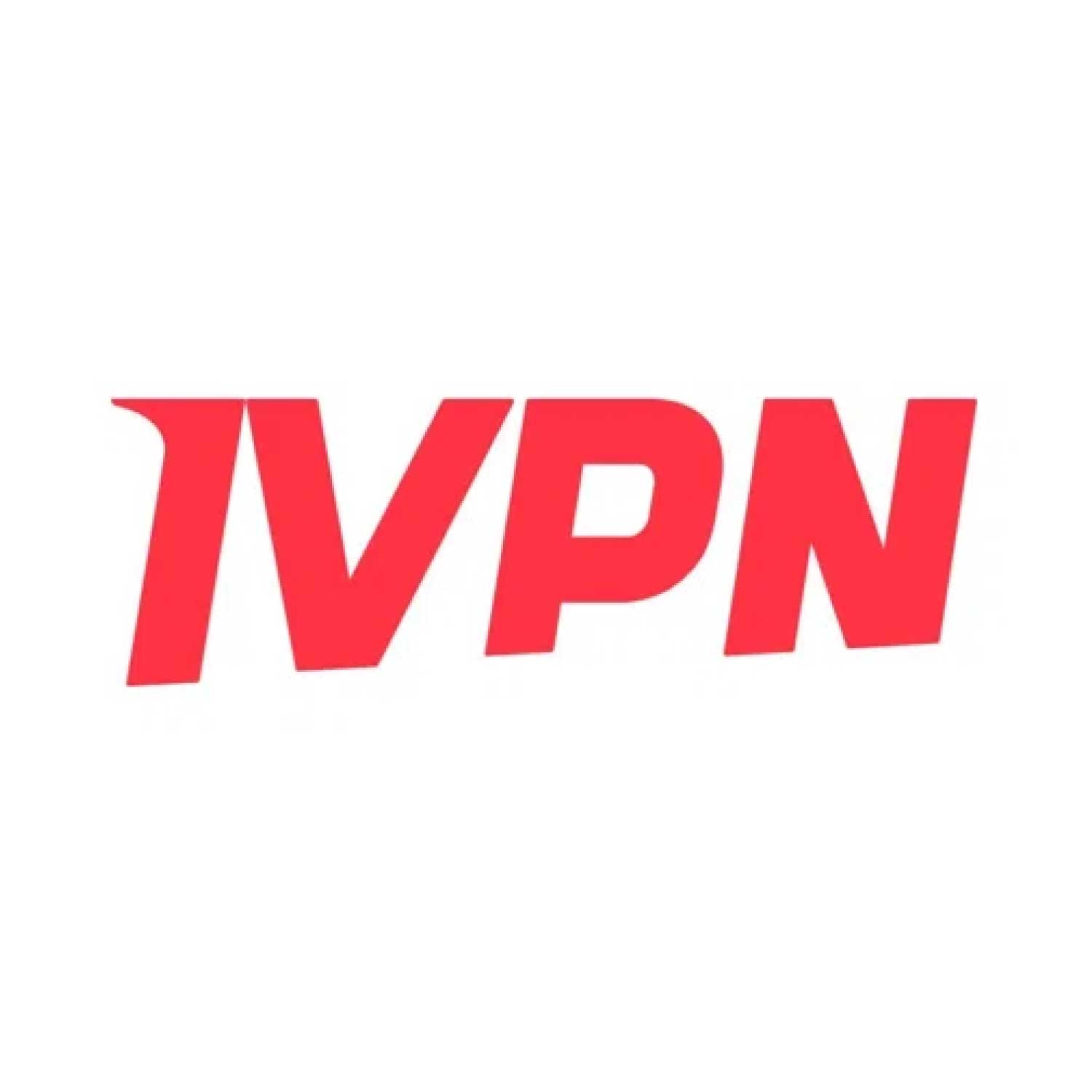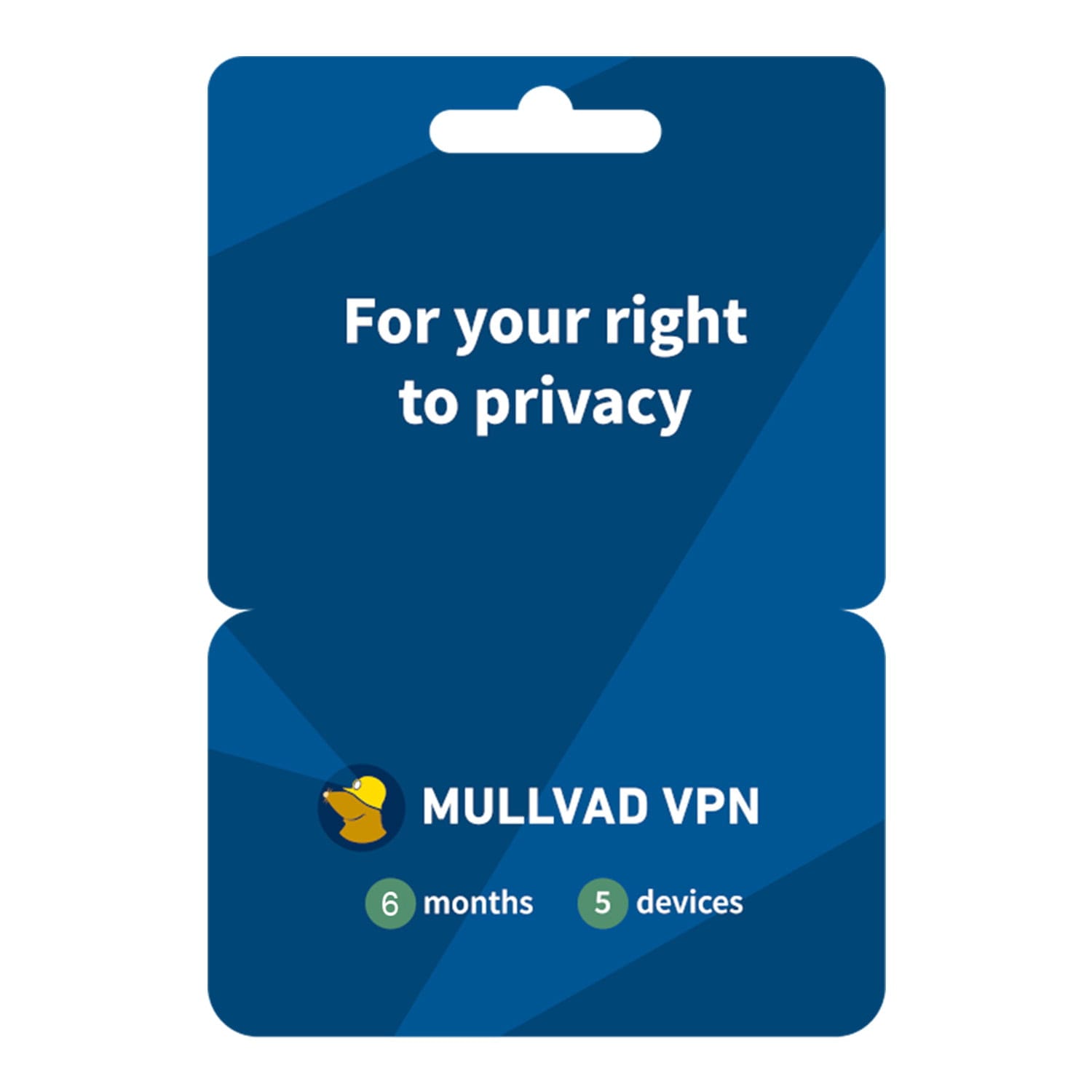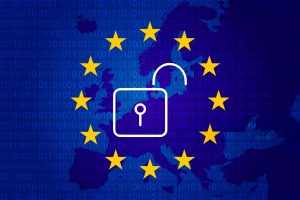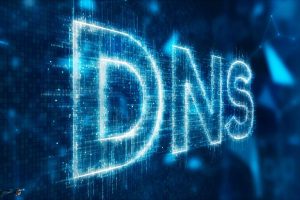Black Friday indirimleri 15% indirim - CRYPT15 kuponunu kullanın ✦
BT profesyonelleri tarafından oluşturuldu ✦
Yalnızca orijinal Google cihazları ✦
Güvenli küresel nakliye mevcuttur ✦
24-48 saat içinde kargoya verilir ✦
Kripto ödemeleri mevcut ✦
Uzman kurulum desteği dahildir ✦
Black Friday indirimleri 15% indirim - CRYPT15 kuponunu kullanın ✦
BT profesyonelleri tarafından oluşturuldu ✦
Yalnızca orijinal Google cihazları ✦
Güvenli küresel nakliye mevcuttur ✦
24-48 saat içinde kargoya verilir ✦
Kripto ödemeleri mevcut ✦
Uzman kurulum desteği dahildir ✦
